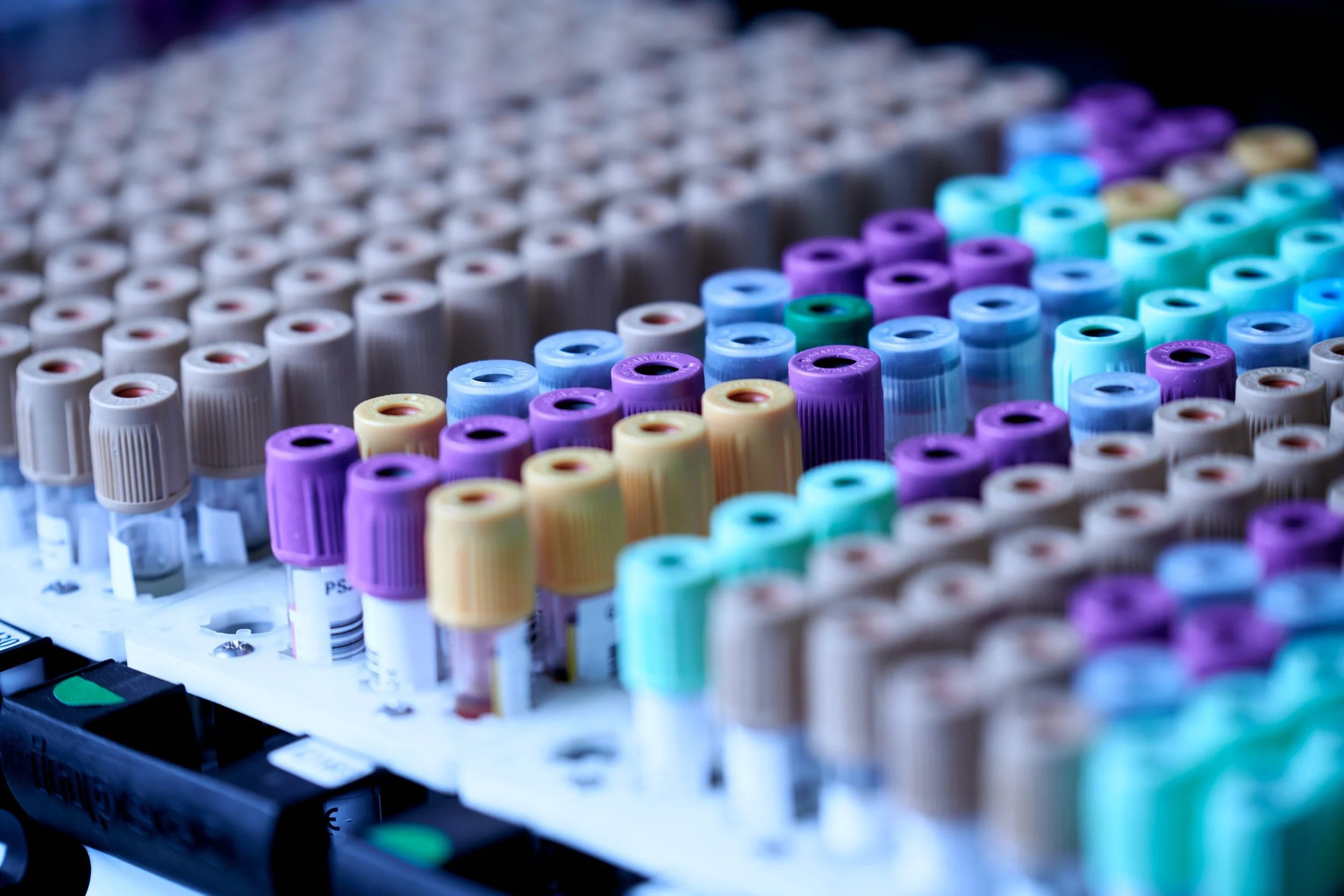How To Interpret Blood Work Results With Dr. Eric Debunks
Dr. Tam: Hello Mighty Family! Welcome back to another Dr. Eric Debunks episode! Have you ever felt confused when you get your bloodwork back? What are those red numbers mean? Should I be concerned? Today, we will debunk all this from a primary care physician's perspective. I know it's not the easiest to get your doctor to sit down and go over it all with you. So let's dive in together.
Dr. Tam: A complete blood cell count, also known as your CBC panel, is one of the first things you will see, so what are doctors looking for, and what could cause us concern?
Dr. Tam: My focus here is to really impart the big-picture utility of these lab tests as they can get a bit granular. First is a WBC, or the white blood cell count. Elevated levels may indicate potential infection, inflammation, or possibly even malignancy. For example, suppose someone is admitted for severe pneumonia in the hospital. In that case, I expect them to have an elevated white blood cell count. However, if I were to see a slightly elevated white blood cell count in the outpatient setting. In that case, I often will not jump to conclusions, and we'll just repeat the bloodwork first.
Dr. Tam: The next lab value I'm looking for on the CBC is your hemoglobin. This is a protein found in red blood cells responsible for carrying oxygen in your blood. Your hemoglobin level can determine if you're anemic or low on red blood cells. This can manifest in symptoms like fatigue, shortness of breath, or even pale skin. Causes of anemia can be due to a body's inability to produce more red blood cells due to nutritional deficiencies like iron, bleeding from a stomach ulcer, or heavy menstrual cycles.
Dr. Tam: The last thing I'm looking for on a CBC is the platelets, the cells in our body responsible for forming blood clots to stop bleeding or help with wound healing. Low platelets can also be due to nutritional deficiencies, infection, bone marrow disease, or even autoimmune diseases. So the take-home message here is that a complete blood cell count can offer information to determine if someone has an infection, inflammation, malignancy if they're bleeding, or nutritional deficiencies.
Dr. Tam: Alright, now let's focus on the basic metabolic panel. One crucial component of this test is looking at your electrolytes, particularly your sodium and potassium levels. Numerous things can affect these two values, including diet, medication, and other diseases. Regarding sodium, we worry when we see patients with very low levels, as this can manifest in confusion, headaches, or even gait instability. This is often due to severe dehydration, such as if a patient recently had severe food poisoning and could not eat for a few days.
Dr. Tam: As for potassium, this electrolyte can be particularly dangerous to your body when it's elevated because it can cause heart arrhythmias. Some common causes of elevated potassium can be poor kidney function, inability to excrete potassium, or caused by an adverse effects of numerous common blood pressure medications. In fact, primary care doctors will frequently check a BMP shortly after starting a new blood pressure medication just to ensure your electrolytes are stable.
Dr. Tam: Another critical value I'm looking for is your Creatinine level. Creatinine is more or less a waste product created when creatine and amino acid in your body is broken down to provide energy to your muscles. Hence, its utility acts as a proxy for your kidney function. As you can imagine, if your kidney function is compromised, it will be less able to excrete these waste products and cause an elevated Creatinine. Of course, there are numerous reasons for worsening kidney function. So once we see an elevation and cranny, it's imperative to investigate further.
Dr. Tam: The last lab test I want to debunk is the lipid panel. I know this one is the one that most patients dread and worry about. First and foremost, the two key values I'm focused on are your LDL and your triglycerides. We know both contribute to atherosclerotic events such as strokes and heart attacks. So you may be wondering, how do I lower them? Medications may be helpful under the discretion of your doctors. But it's important to understand what causes these lab values to be high. So research has shown that 75% of our LDL is produced by our bodies, while only about 25% is due to our dietary intake. So simply cutting out all the cholesterol and fat-containing foods is not the answer. In fact, more of the contribution is due to obesity, sedentary lifestyle, alcohol consumption, and excessive sugar and carbohydrate intake. So if you want to make a dent in your cholesterol and triglyceride levels, those are the things to tackle first, rather than cutting out the beneficial, healthy fats in your diet. In addition, losing five to 10% of your body weight can reduce your triglyceride levels by 25%.
Dr. Tam: All right Mighty Family. I hope now you feel empowered to go through your bloodwork as well as have a better understanding of what they mean. And definitely follow up with anything you find concerning your doctors. As always, I look forward to connecting with you all again soon. For those that are not part of our mighty family just yet. Check us out and mighty health.com for more. We're striving every day to be the modern holistic home for healthy aging. Thank you


